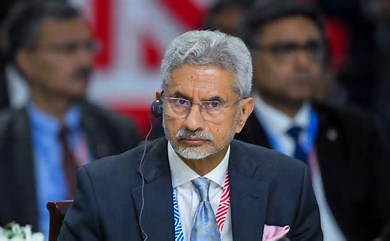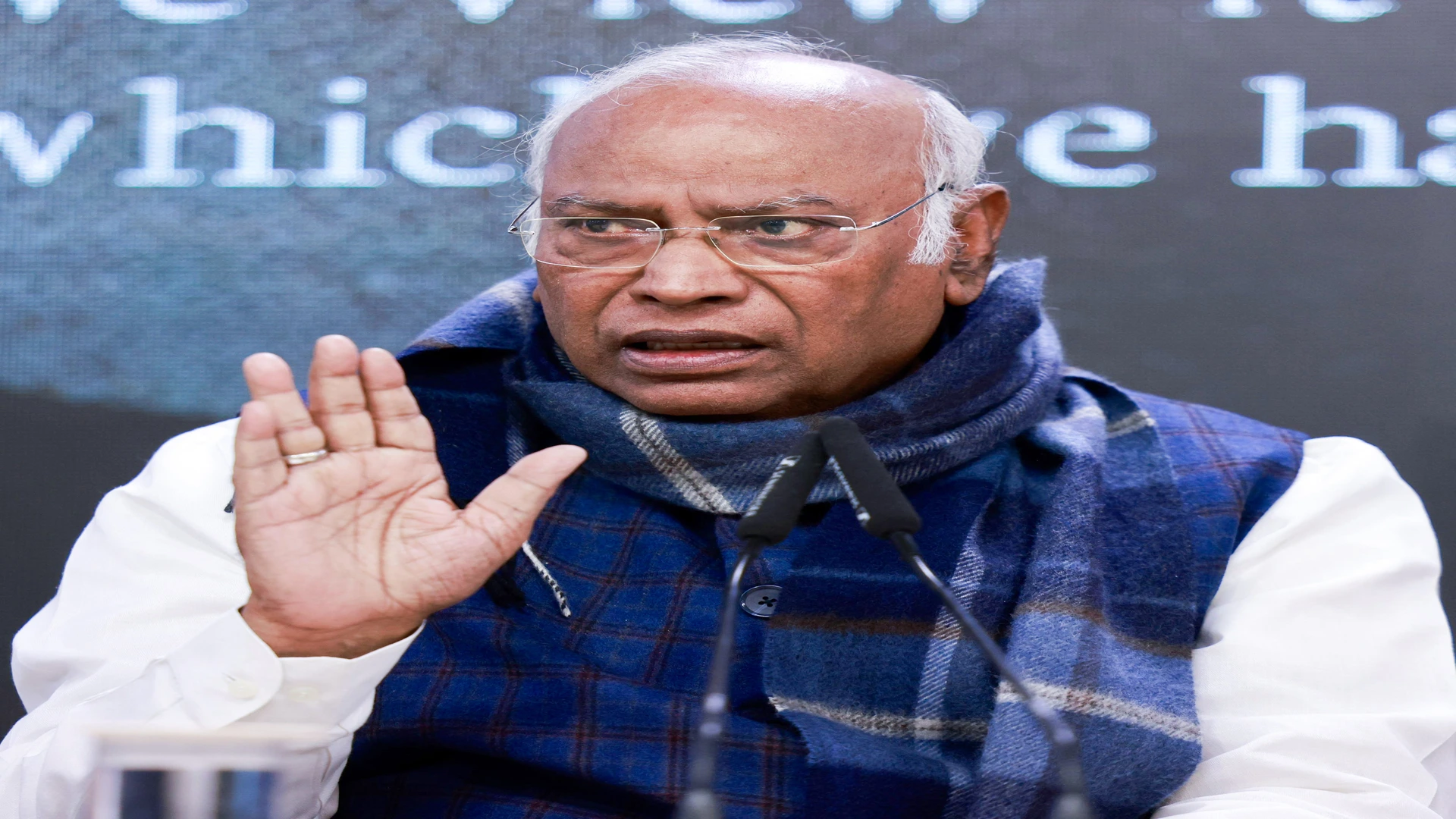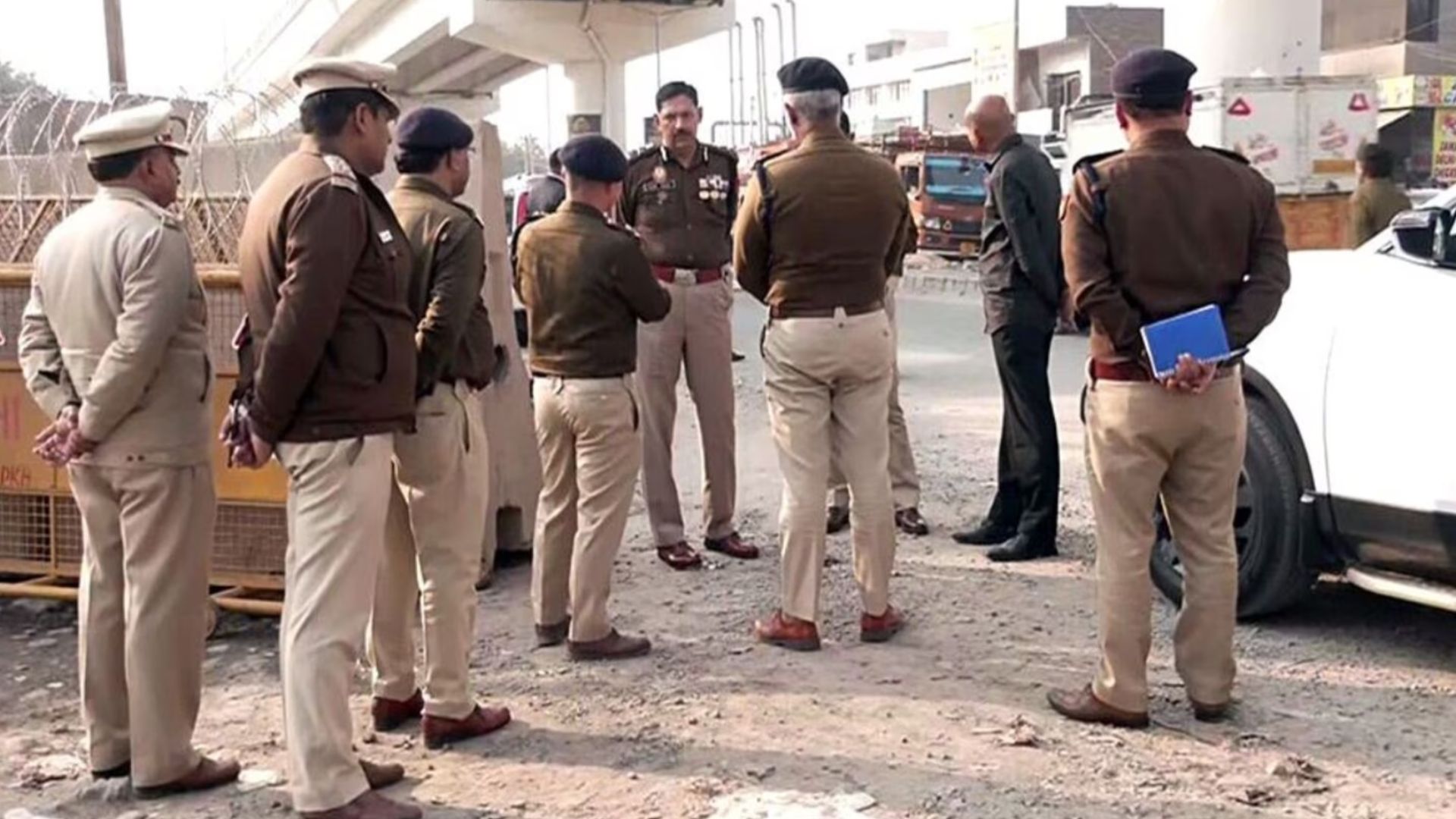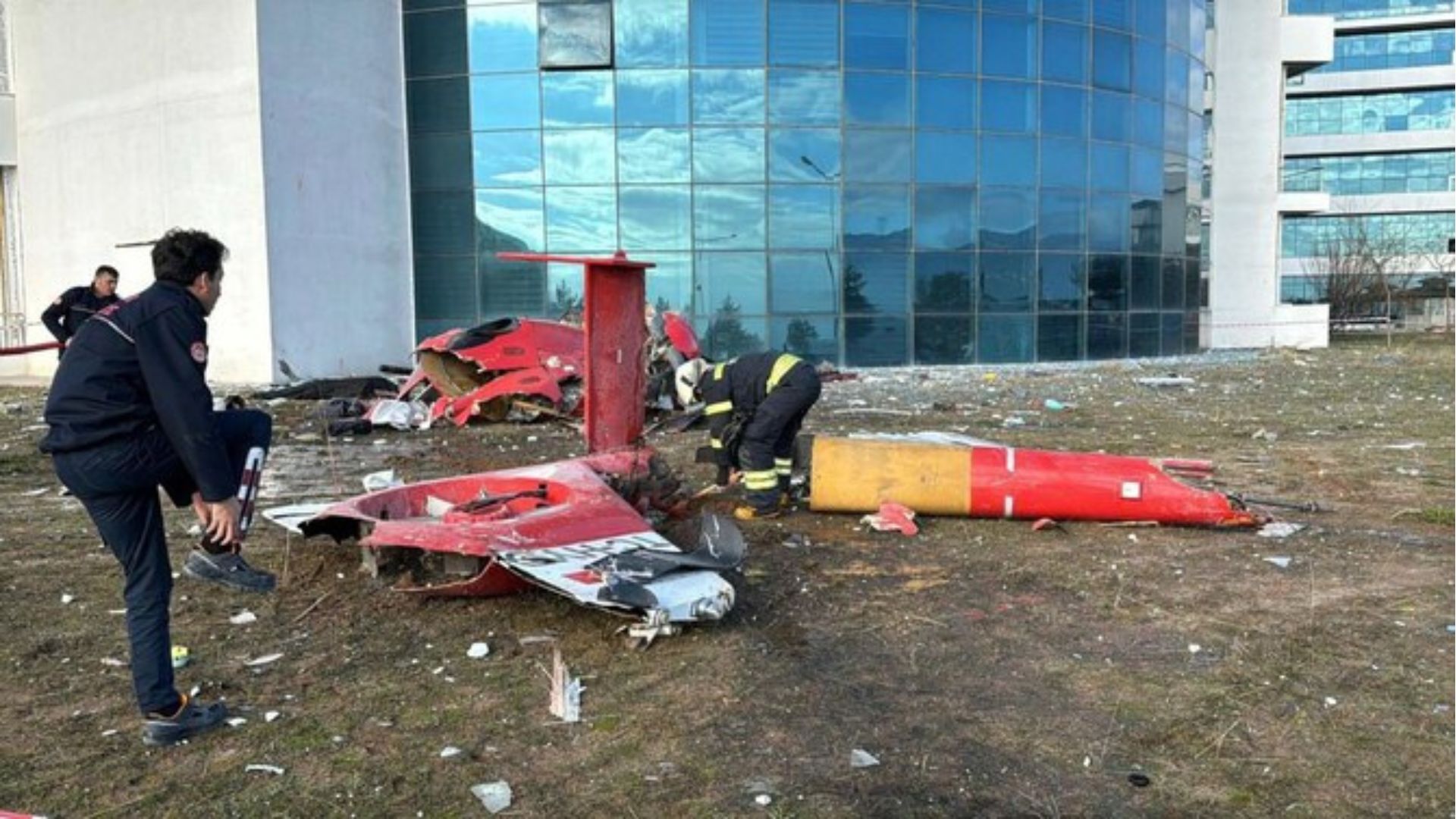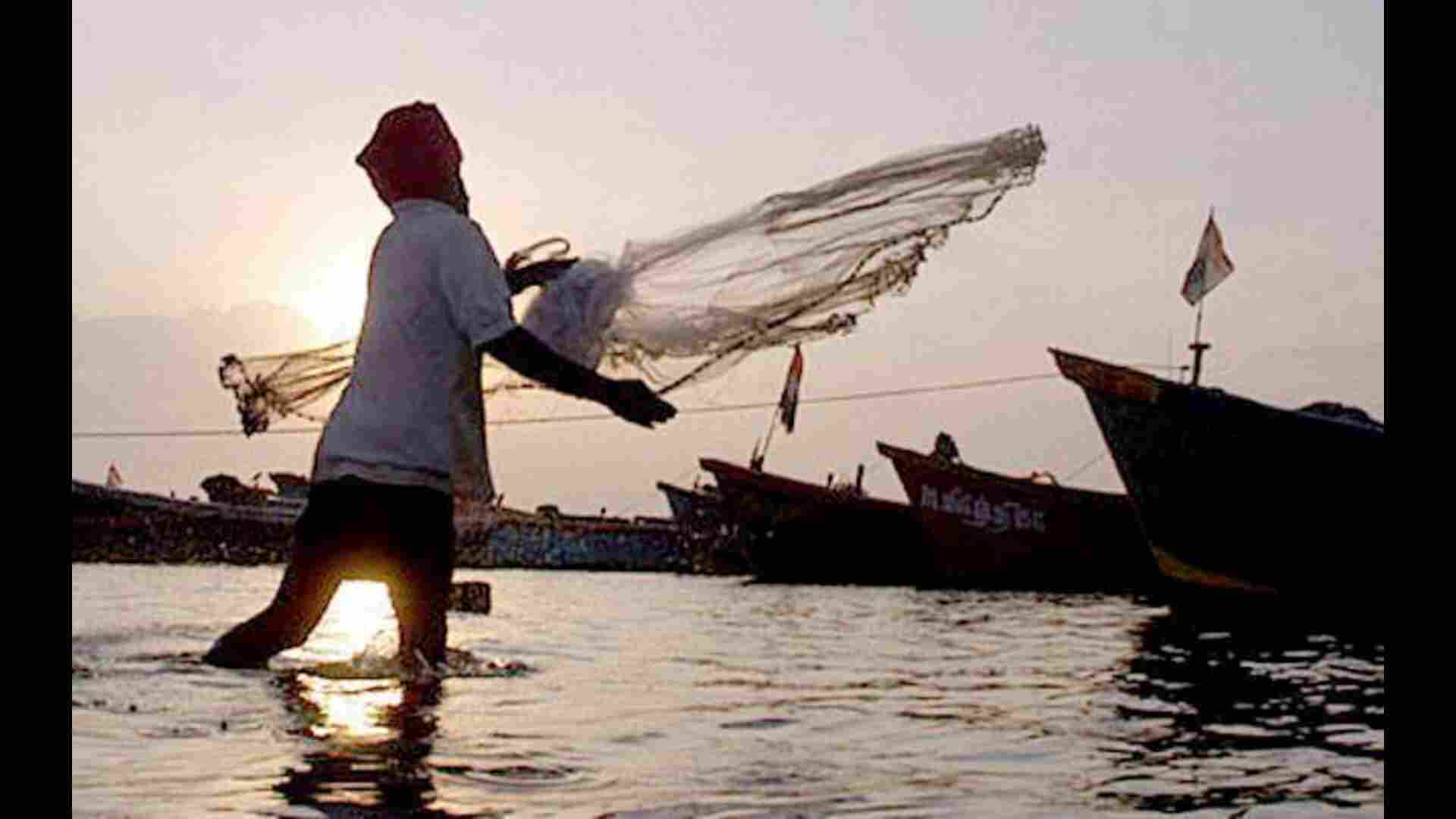India and China marked a significant step toward peace as both nations reached an agreement on patrolling resumption along the Line of Actual Control (LAC) in eastern Ladakh. Disengagement in key areas, including Depsang and Demchok, began on October 20, expected to conclude by October 29. Patrolling is slated to resume on October 30-31, restoring pre-2020 protocol.
‘Early Days for Complete Normalization’
During a student interaction in Pune, Jaishankar emphasized that the “normalization of relations” remains gradual, requiring “time to rebuild trust and a willingness to collaborate.” He recalled the recent Kazan meeting between Prime Minister Modi and President Xi Jinping, where they reinforced the importance of diplomatic and military cooperation.
Military and Diplomatic Efforts Behind the Breakthrough
Acknowledging the efforts, Jaishankar credited India’s determination to “stand our ground,” highlighting the military’s unwavering presence at the LAC in challenging conditions. “The military did its part, and diplomacy did its part,” he stated. Jaishankar added that India has increased resources along the LAC, empowering the military to defend effectively.
Impact of Disturbed Relations Since 2020
Jaishankar noted that the “very disturbed” border conditions since 2020 had strained India-China relations. Since then, India had engaged in continuous negotiations to address the pressing needs of disengagement and de-escalation.
Steps Toward Disengagement and Resuming Patrolling
The minister explained that the immediate priority was disengagement due to the proximity of troops, reducing the risk of unforeseen confrontations. Following this, broader de-escalation and eventual border management will be addressed. The recent agreement allows patrolling in areas that had been restricted for the past two years, restoring protocols to pre-2020 conditions.

